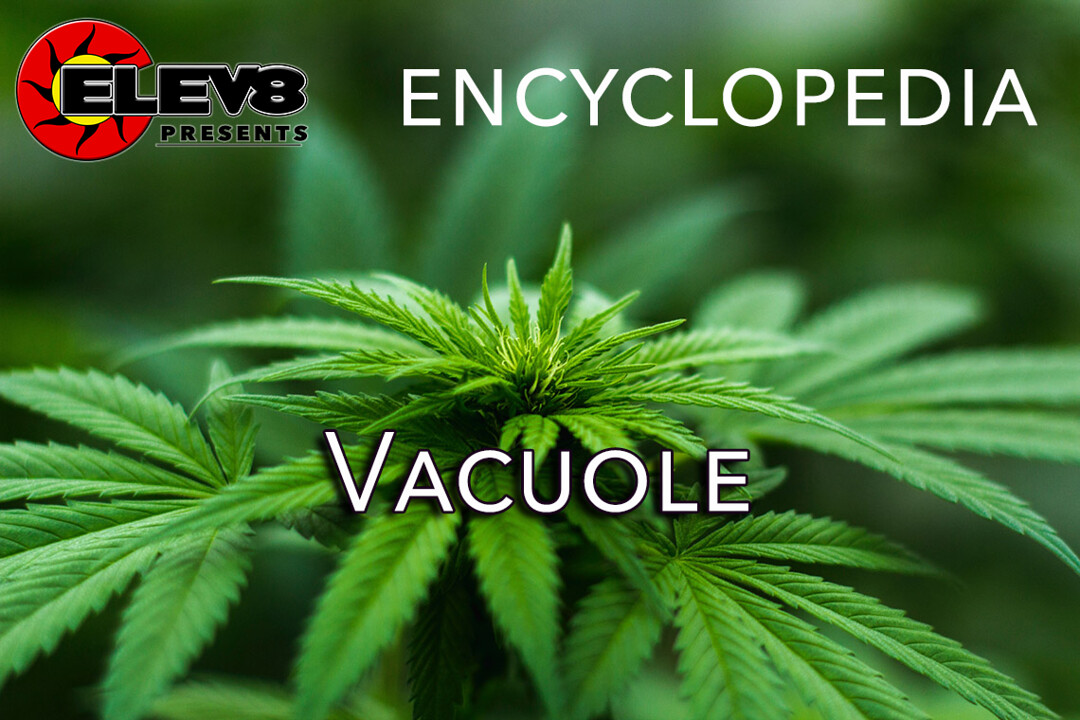What does Vacuole mean?
A vacuole refers to the multifunctional organelle and membrane-bound sac found within the cells of various plants, including fungi and algae. In some cases, vacuoles can also be found in bacteria and protists. Some types of vacuoles share the same properties as lysosomes in animals and are acidic in nature. According to botanists, vacuoles can claim up to 9-% of a plant’s cell volume.
More Info On Vacuole
Lytic vacuoles are made up of various types of hydrolytic enzymes. As such, they can trigger the degradation of certain molecules, such as polysaccharides, proteins and nucleic acids. According to researchers, lytic vacuoles either originate from the plant’s smooth endoplasmic reticulum or from the trans-Golgi network.
In most plants, the vacuoles act storage bubbles and store a variety of nutrient that the cells require to survive. Occasionally, vacuoles can also store waste products in order to protect the other cells- and consequently the plants- from being contaminated. In terms of structure, vacuoles are surrounded by masses of fluid made up of both waste product and nutrients. Some plants also use their vacuoles for storing water.







